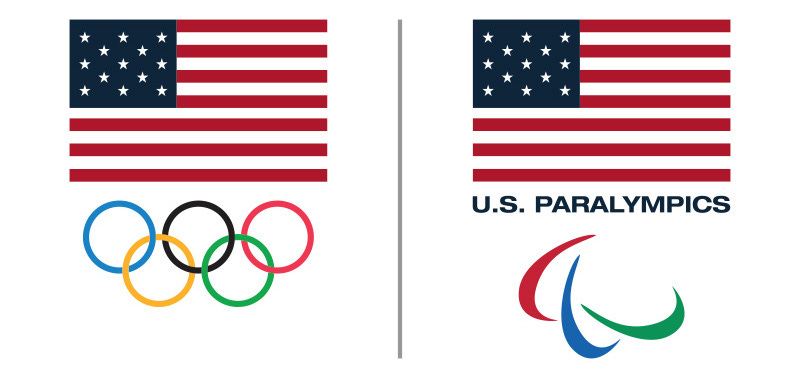National Paralympic Committee: Empowering Athletes with Disabilities

The National Paralympic Committee (NPC) plays a pivotal role in the global sports community by promoting and supporting athletes with disabilities. These committees are responsible for organizing, developing, and managing Paralympic sports within their respective countries. In this blog, we will explore the functions, history, and impact of the National Paralympic Committees worldwide.
What is the National Paralympic Committee?
The Role of the National Paralympic Committee
The National Paralympic Committee (NPC) is the national governing body responsible for the promotion and development of Paralympic sports in a specific country. Each NPC is recognized by the International Paralympic Committee (IPC) and is tasked with preparing athletes for participation in the Paralympic Games and other international competitions. The NPCs ensure that athletes with disabilities have access to the necessary resources, training, and support to compete at the highest levels.
Structure and Organization
NPCs are structured similarly to National Olympic Committees (NOCs), with a board of directors, administrative staff, and various committees focused on specific sports or aspects of Paralympic participation. These committees work closely with sports federations, government bodies, and other organizations to develop and implement programs that promote Paralympic sports at all levels, from grassroots to elite competition.
A Brief History of the National Paralympic Committee
The Origins of the Paralympic Movement
The Paralympic Movement began after World War II, when Dr. Ludwig Guttmann organized the first sports competitions for veterans with spinal cord injuries in 1948. This event, known as the Stoke Mandeville Games, is widely regarded as the precursor to the modern Paralympic Games. As the movement grew, the need for national organizations to manage and support Paralympic athletes became evident, leading to the establishment of NPCs.
The Evolution of NPCs
Over the years, NPCs have evolved from small, volunteer-driven organizations to professional bodies with significant resources and influence. This evolution has been driven by the increasing popularity and visibility of the Paralympic Games, as well as the growing recognition of the importance of sports for people with disabilities. Today, NPCs are integral to the success of the Paralympic Movement, providing vital support to athletes and advocating for greater inclusion in sports.
The Impact of the National Paralympic Committee
Promoting Inclusion and Accessibility
One of the primary missions of the National Paralympic Committee is to promote inclusion and accessibility in sports. NPCs work to remove barriers that prevent people with disabilities from participating in sports, whether these barriers are physical, social, or economic. By advocating for accessible sports facilities, adaptive equipment, and inclusive policies, NPCs help to create opportunities for athletes with disabilities to engage in sports at all levels.
Supporting Elite Athletes
In addition to promoting grassroots participation, NPCs are also responsible for supporting elite Paralympic athletes. This support includes providing access to high-performance training centers, coaching, medical care, and financial assistance. NPCs also play a crucial role in selecting and preparing national teams for the Paralympic Games, ensuring that athletes have the resources and support they need to perform at their best.
Raising Awareness and Advocacy
The National Paralympic Committees are also involved in raising awareness about the abilities and achievements of Paralympic athletes. Through media campaigns, educational programs, and public events, NPCs highlight the successes of athletes with disabilities and advocate for greater recognition and support. This advocacy helps to challenge stereotypes and promote a more inclusive society.
Challenges Faced by the National Paralympic Committee
Funding and Resource Allocation
One of the significant challenges faced by NPCs is securing adequate funding and resources. Unlike their Olympic counterparts, NPCs often operate with limited financial support, which can impact their ability to provide comprehensive programs and services. Securing sponsorships, government grants, and private donations is crucial for the continued success of NPCs.
Ensuring Equal Opportunities
Another challenge is ensuring that athletes with disabilities have equal opportunities to participate in sports. This includes addressing disparities in funding, access to training facilities, and media coverage. NPCs must work to ensure that all athletes, regardless of their disability or background, have the chance to reach their full potential in sports.
Conclusion
The National Paralympic Committee plays an essential role in empowering athletes with disabilities and promoting a more inclusive sports culture. Through their efforts, NPCs help to break down barriers, support elite athletes, and raise awareness of the capabilities of people with disabilities. As the Paralympic Movement continues to grow, the work of NPCs will remain vital in ensuring that athletes with disabilities have the opportunities and support they need to succeed on the world stage.
Pingback: Wheelchair basketball - Trends